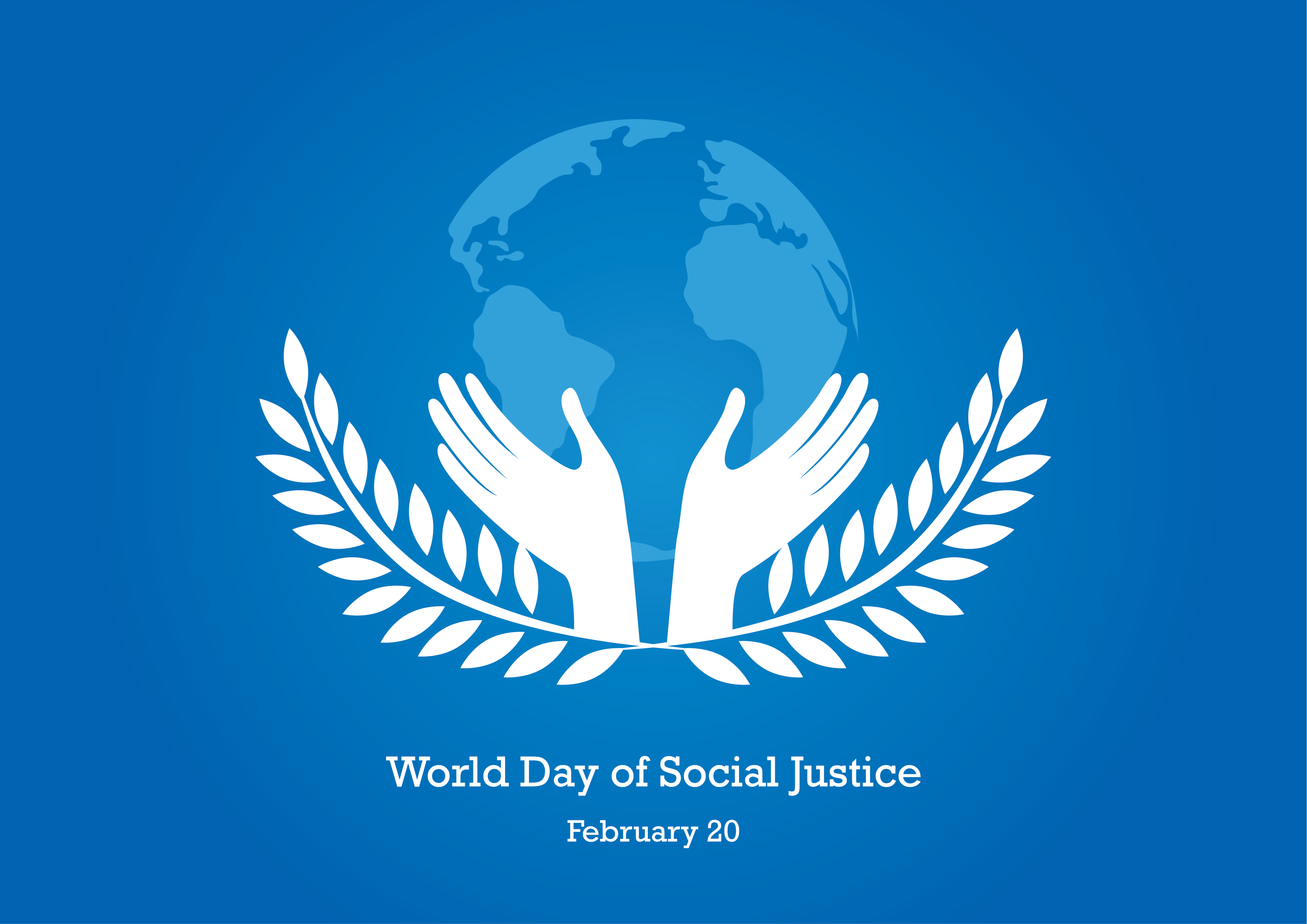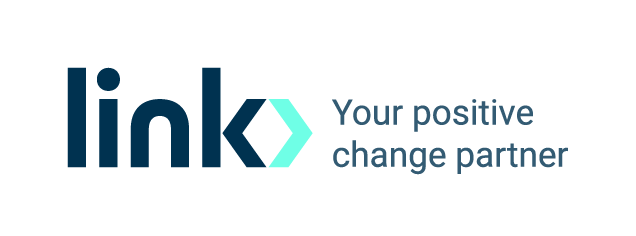
Today is 'World Social Justice Day' - a good opportunity to consider what we can do to close the Inequalities Gap and help achieve Social Justice for all.
“Social justice may be broadly understood as the fair and compassionate distribution of the fruits of economic growth.”
United Nations
What is Social Justice?
Social justice is a political and philosophical theory which asserts that there are dimensions to the concept of justice beyond those embodied in the principles of civil or criminal law, economic supply and demand, or traditional moral frameworks. Social justice tends to focus more on just relations between groups within society as opposed to the justice of individual conduct or justice for individuals. Historically and in theory, the idea of social justice is that all people should have equal access to wealth, health, well-being, justice, privileges, and opportunity regardless of their legal, political, economic, or other circumstances. Social justice means equal rights, opportunity and treatment for all.
Today, on the 20th of February, the United Nations celebrate the World Social Justice Day. The first World Day of Social Justice was observed on 20 February 2009. The ILO Declaration on Social Justice for a Fair Globalization was unanimously adopted by the International Labour Organization on 10 June 2008 and representatives of governments, employers’ and workers’ organizations from 182 member States signed the text. It aims to contribute to the efforts of the international community in poverty eradication, promotion of full employment and decent work, gender equity and justice for all.
“The General Assembly recognizes that social development and social justice are indispensable for the achievement and maintenance of peace and security within and among nations and that, in turn, social development and social justice cannot be attained in the absence of peace and security, or in the absence of respect for all human rights and fundamental freedoms. It further recognizes that globalization and interdependence are opening new opportunities through trade, investment and capital flows and advances in technology, including information technology, for the growth of the world economy and the development and improvement of living standards around the world, while at the same time there remain serious challenges, including serious financial crises, insecurity, poverty, exclusion and inequality within and among societies, and considerable obstacles to further integration and full participation in the global economy for developing countries, as well as some countries with economies in transition.” The UN General Assembly
Read the full ILO Declaration on Social Justice for a Fair Globalization
A Few Facts
- Employment growth since 2008 has averaged only 0.1% annually, compared with 0.9% between 2000 and 2007.
- Over 60 per cent of all workers lack any kind of employment contract.
- Fewer than 45 per cent of wage and salaried workers are employed on a full-time, permanent basis, and even that share is declining.
- By 2019, more than 212 million people were out of work, up from 201 million in previous years.
- 600 million new jobs need to be created by 2030, just to keep pace with the growth of the working age population.
Why is Social Justice important?
- It ensures that everyone gets the essentials for a good life
- It ensures everyone gets adequate healthcare
The importance of good health can’t be overstated. It’s a matter of life and death. A society’s healthcare system determines who gets what services, and how much they have to sacrifice to get the care they need.
- It protects people with disabilities
Disability rights have been ignored and neglected for many years, but with social justice on the rise, people are finally getting a voice. Those with both visible and invisible disabilities (like mental illness) are often discriminated against in their workplace, in healthcare, and more.
- It protects people from religion-based discrimination
A person’s religion is a central part of them, and freedom from religious discrimination falls right into the lap of social justice. Social justice advocates want all religions to be free and safe, including a person’s right to not follow any religion.
- It protects people from ageism
As people get older, they are often discriminated against simply because of their age. Ageism, as a form of discrimination, falls under the scope of social justice.
- It protects people from sexuality-based discrimination
A huge part of social justice focuses on addressing this, because it costs people their ability to work, love, and even live, in many tragic cases. For a society to be considered “just,” it must treat all people with fairness.
- It defends people from racism
Discrimination based on race is another huge issue in most societies. It can make it hard for people to find work, live in peace, marry who they want, and more.
- It helps promote equality between genders
Discrimination based on gender is one of the oldest forms of injustice around the world. Social justice strives to bridge the gap and empower women no matter where they are.
- It helps promote economic equality
Equality doesn’t mean that everyone is rich, but it should mean that everyone is able to meet their basic needs and live without being afraid that one setback could put them on the streets. Social justice is about securing everyone’s economic stability.
- It helps improve educational opportunities for kids
A good education is crucial to ending cycles of poverty and giving everyone the opportunity to fulfil their dreams. Social justice wants everyone to be able to learn in a safe place that’s encouraging and that provides equal opportunities. All of society benefits when children get educated.
What can we do as individuals?
- Educate yourself on a particular movement.
- Work on your own habits and beliefs.
- Research the local presence.
- Take action in your community.
- Go to a protest or demonstration.
- Use social media.
- Volunteer your time.
- Donate to an impactful organization.
ASL Global is committed to provide its customers with the best quality products through ethical and responsible business principles including protection for the rights of individuals, promotion of equal opportunity and respect for the environment. Our Code of Conduct is communicated to all vendors as well as all approved sub-contractors under vendor monitoring, and includes clauses for but not limited to: Child labour, Forced or involuntary labour, disciplinary practices and harassment, non-discrimination, health and safety, wages and benefits, working hours, ethical standards.
This code of conduct is displayed in ASL Global’s offices and is published and available to the general public on our corporate website here.
#worldsocialjusticeday #oneworld #oneteam







